If you’ve done any research about buying or selling a property, you’ve likely heard the terms “broker” and “real estate agent.” Although many people think these terms are interchangeable, they are in fact, quite different. A simple explanation: A broker can do anything a real estate agent can do, but there are somethings a broker can do that a real estate agent cannot.
While a real estate agent can handle the significant needs of a buying or selling client, there are definite benefits to working directly with a broker or choosing a brokerage rather than a specific agent.
A Broker has more education, different licenses
Any individual who completes the required coursework and licensing requirements can sell the property as a real estate agent. To become a broker, an agent must meet additional education and professional requirements which may vary by state. In Utah, brokers must have at least four years of experience as an agent or have sold 40 homes. They must also take 120 hours of education courses and pass a broker exam.
Brokers are licensed to handle liability and paperwork
Because brokers have completed more training, specifically regarding state laws and transactions, they manage a lot of the responsibility and paperwork. When an agent has a question about a contract, they’ll likely turn to their broker for guidance.
An agent acts on behalf of one party (the buyer or the seller). A broker serves as the neutral party that arranges the sales transaction between the buyer and the seller. Brokers have access to sales data, market conditions and may be much more familiar with the market than a new agent.
Because the real estate agent is responsible for any agents, they carry a lot of the liability and can be held at least partially accountable if an agent makes a mistake.
A broker sits at the top of the food chain
The broker is the top of the food chain in a real estate office. A broker’s license allows an agent to open and run their own office. They may even have real estate agents working underneath them. Real estate agents must confer with and rely on their broker for specific information (typically paperwork and legal information). Working directly with a broker eliminates the middle man and could speed up the buying/selling process (and sometimes that extra speed can make the difference between whether you land your dream home or not.)
Real estate agents are qualified to help you buy or sell a home, but they aren’t the “true” agent in the business. The broker is the presiding agent over every transaction their realtors complete. If your agent leaves or becomes unavailable, you may end up working with a broker you don’t know or aren’t comfortable with. Hiring a broker directly helps ensure this doesn’t become an issue.
Broker responsibilities
A broker may act as an agent for a buyer or a seller. When they work for a buyer or seller, their responsibilities include:
- Listing homes on the MLS
- Sharing listings with other MLS members
- Advising on the sales process
- Supervising showings
- Submitting offers to sellers
- Help seller/buyer negotiate an offer
- Coordinate the transaction
- Handle documents, disclosures, and other transaction items
- Helping buyers locate new properties
- Scheduling visits/walk-throughs
- Coordinate inspections, repairs, and closing
In their duty as a broker over other agents, a broker’s responsibilities include:
- Verifying licensing for all agents in their brokerage
- Training and instruction for agents
- Monitoring agent behavior, performance, and compliance
- Maintain brokerage website/review agent websites
Looking to buy or sell a property? Don’t hesitate to call. We’re happy to answer any questions you have.

